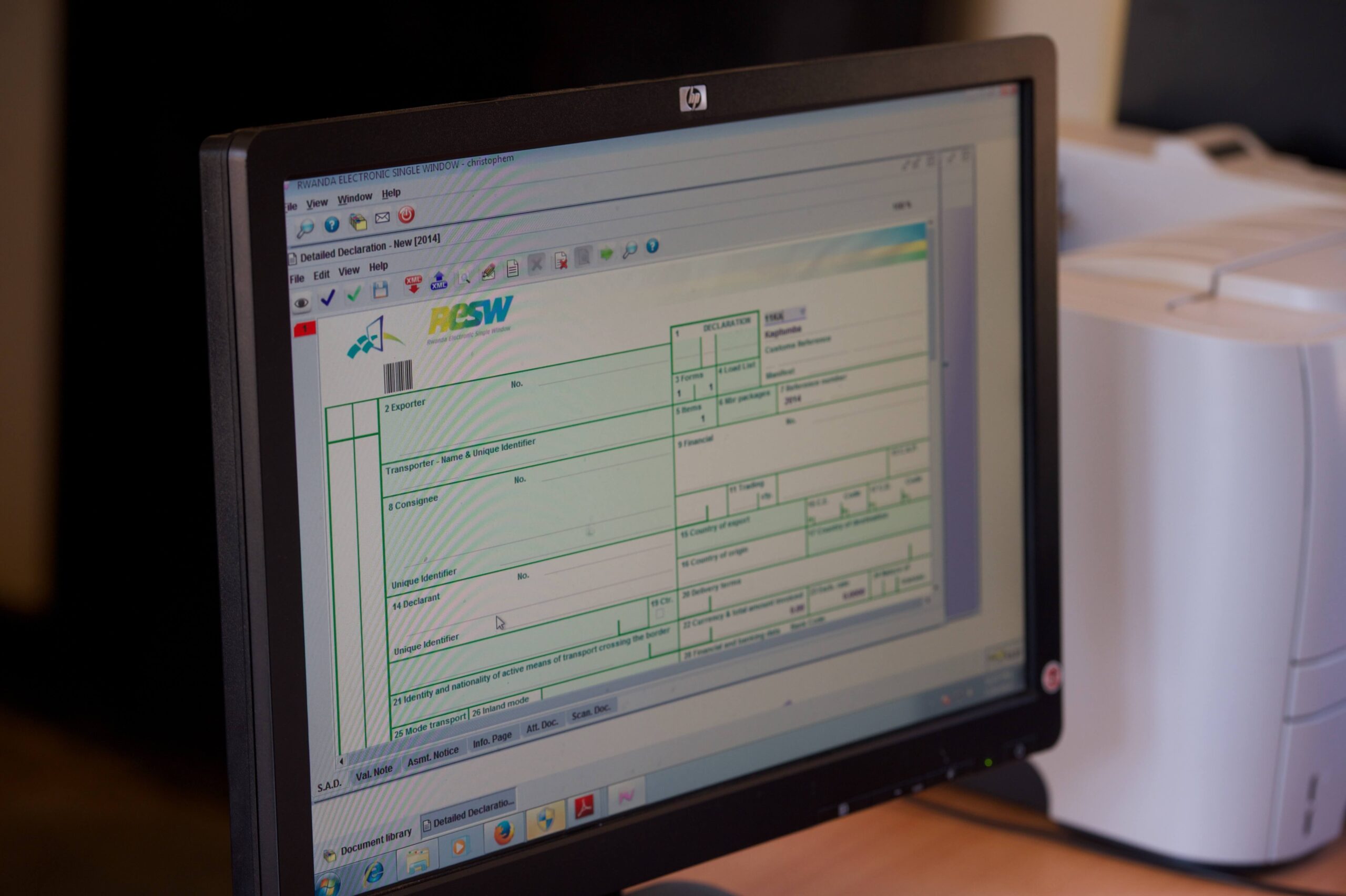At the launch of the Kenyan Electronic Single Window in May 2014, President Uhuru called for the establishment of an EAC regional single window platform to integrate the national single window systems in partner states. Discussions on this initiative are ongoing as part of the EAC SCT operationalization, but currently only Kenya and Rwanda have functioning national level eSWs, though progress is made in establishing eSW in the other EAC member states. In late 2014, Tanzania contracted the delivery of the eSW to a private contractor, with initial roll-out for the Port of Mombasa with other border crossing and airports to be connected in the second phase. TMA is supporting the development of the eSW in Uganda, with an agreement signed for support from the Government of Denmark in September 2014. In March 2015, Burundi launched its own eSW with a number of key agencies already connected.
The regional approach to eSW has been pioneered by the launch of the ASEAN Single Window Project (ASW) in 2013. The ASW is a regional initiative that connects and integrates national level eSWs of Member States. ASW implementation is expected to ensure compatibility of Member States eSWs with international open communication standards while also ensuring that each of those Member States can then exchange data securely and reliably with any trading partners that use international open standards. The ASW at present is rather limited in scope and connects only the Customs agencies of some ASEAN member countries. It currently supports the exchange of the intra-ASEAN certificate of origin (ATIGA Form D) and ASEAN Customs Declaration Document (ACDD) on a pilot basis among seven Member States and will later be expanded to exchange other types of data. Eventually the ASW, because it uses international operability standards, can support the exchange of certificates of origin and advance cargo information with non- ASEAN trading partners.
As highlighted by Koh and Moweman (2013), the benefits of implementing the ASEAN Single Window are likely to become more and more evident over the next few years, as each of the Member States embark on trade facilitation improvements programmes and implement their own fully articulated National Single Windows. When all ten National Single Windows have been integrated through the ASEAN Single Window, the authors note, it would not be unreasonable to expect ASEAN to be the easiest region in the world to trade with.
Though the ASW has helped to facilitate trade within the region, the implementation of the ASW took almost a decade between the political decision to launch the initiative in 2005 and the very partial implementation in 2013, despite having received significant technical and financial support from development partners such as USAID and the UN.
The lessons from ASEAN could be applied for a regional eSW initiative to work in the EAC, as a number of critical factors would have to be addressed. All five partner states would need to establish fully functioning national level eSWs, which as noted above is already in the works.
TMA could play a vital role in helping to integrate and coordinate these national level initiatives to ensure greater impact. For instance, TMA could support a pilot project to connect Kenya and Rwanda (or perhaps Burundi and Rwanda), which could then be expanded across the region once the eSWs have come online. This would require that a set of technical guidelines be agreed to ensure integration across the two platforms and would allow transit documents to be cleared and downloaded and bond guarantees lifted more quickly. As well, this would allow the verification of export and import documents for the post clearance audits.
In parallel, TMA should also take an active role in leading regional discussions to ensure the newer eSW platforms are effectively implemented and lesson sharing takes place amongst the key stakeholders, particularly between the countries which have fully functioning eSWs and those in the process of implementation.


